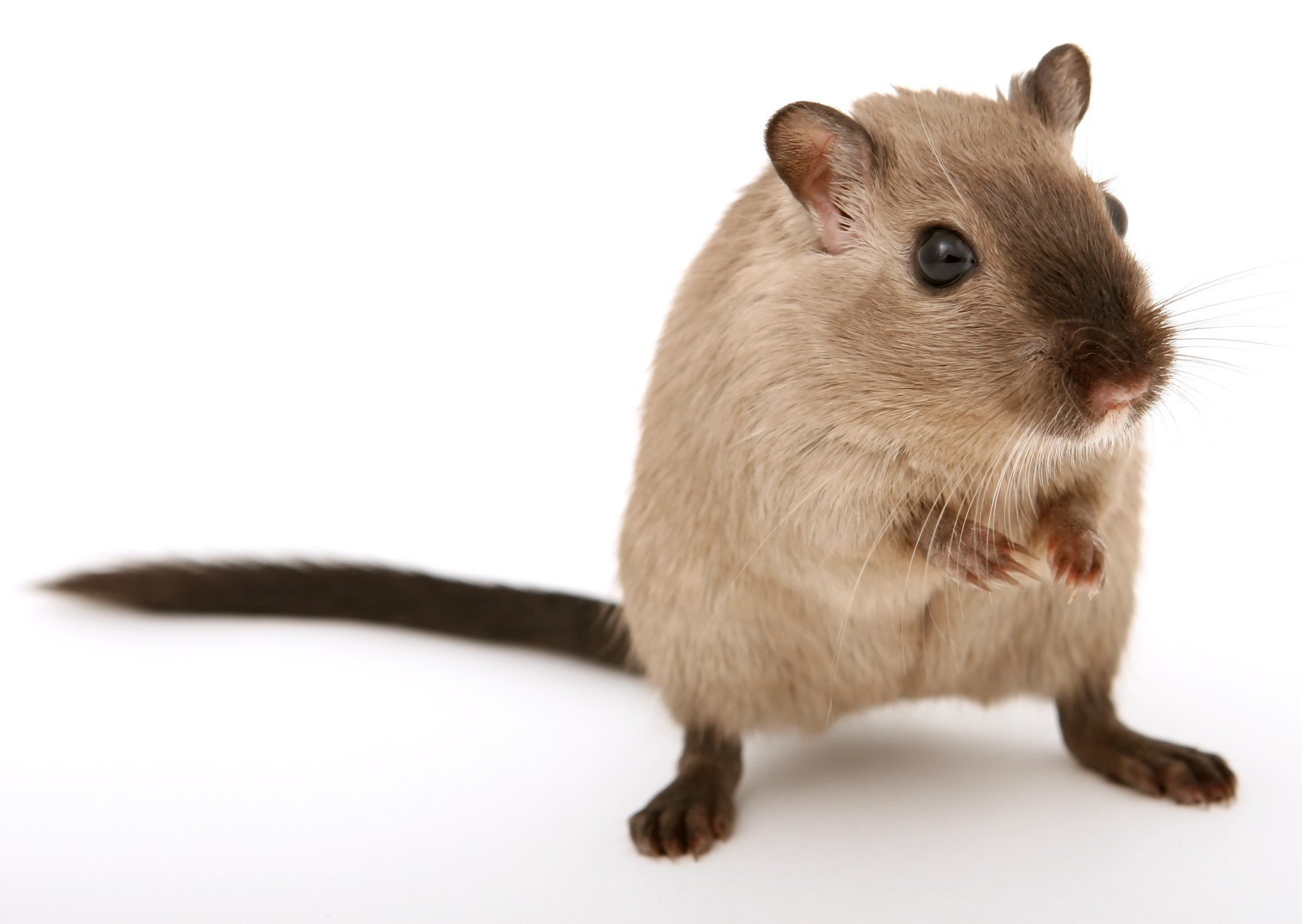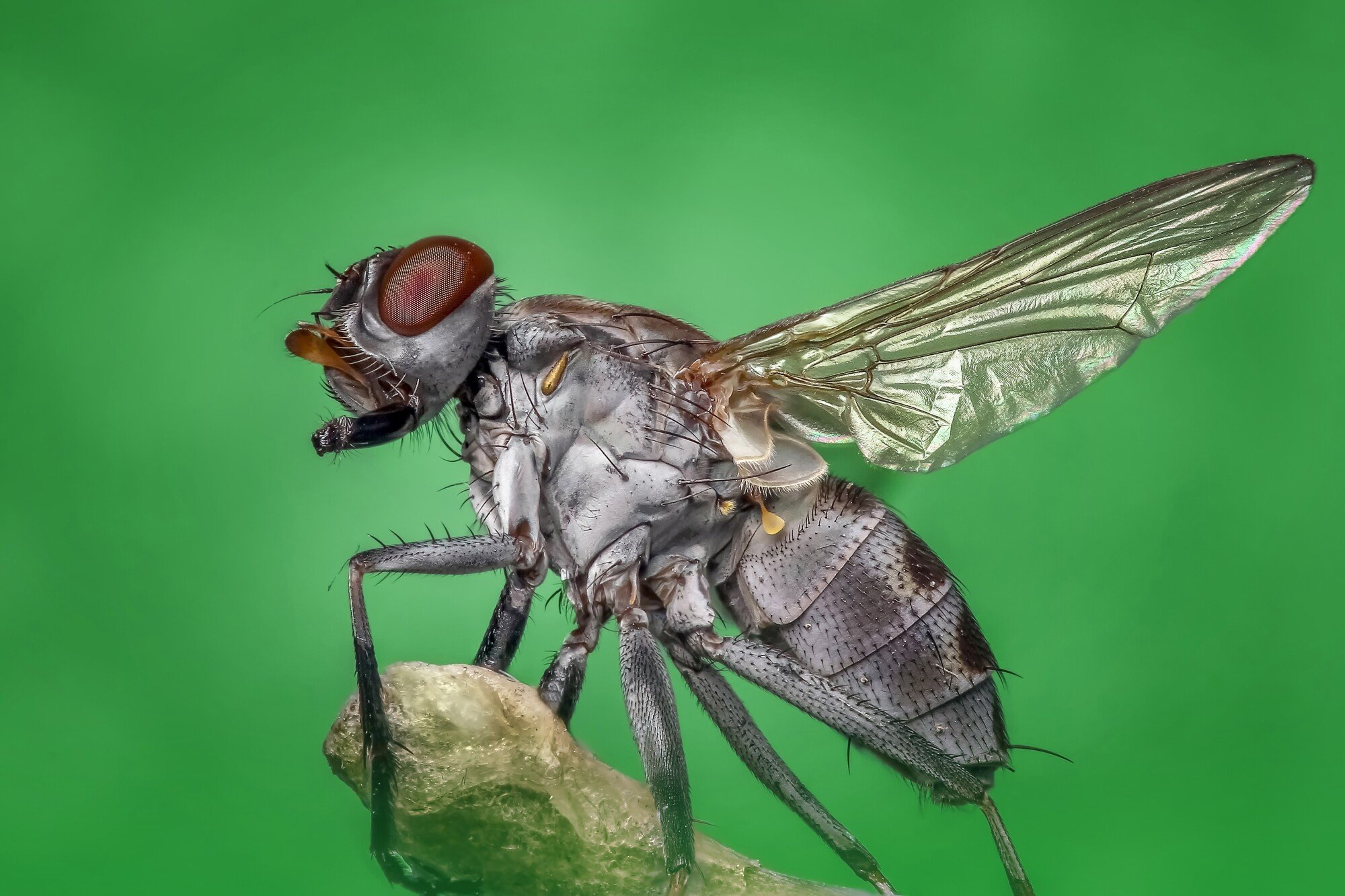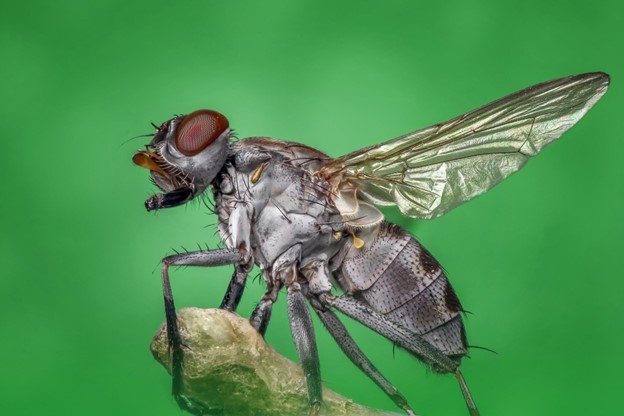Pests are a common nuisance in life that can cause significant damage to our homes, gardens, and crops. Not only do they create unsanitary conditions, but they can also spread diseases and introduce harmful bacteria. From rats and cockroaches to mosquitoes and termites, these pests come in various forms and can wreak havoc on our daily lives. It is crucial to take proactive measures to prevent their presence and mitigate any potential damage they may cause. In this guide, we will discuss various methods and techniques to prevent pests from invading your space and causing harm. Whether you are dealing with a current infestation or looking to prevent future ones, this guide has got you covered.

Understanding the Risks of Pest Infestations
Pest infestations can not only cause physical damage to our properties but also pose health risks to us and our families. According to Watts Pest Prevention, pest prevention is more than just a mere "person with poison." It involves understanding the behavior and habits of different pests, as well as the potential hazards they may bring. For example, mice and rats can contaminate our food with their droppings, leading to the spread of diseases. Cockroaches can trigger allergies and asthma attacks, while mosquitoes can transmit serious illnesses such as malaria and dengue fever. Knowing the risks of pest infestations is crucial in taking preventive measures to protect ourselves and our loved ones.
Identifying Common Household Pests
Identifying common household pests is the first step in preventing them from causing damage. Some of the most common household pests include ants, cockroaches, termites, mice, rats, and mosquitoes. Each pest has its unique characteristics and behaviors, which can help us identify them correctly. For example, ants are typically found near food sources and leave behind a trail of pheromones for other ants to follow. Cockroaches tend to hide in dark and damp places, while termites create mud tubes for protection. Mice and rats leave behind droppings and gnaw marks, while mosquitoes are often found near standing water sources.
Taking Action
Preventing pests from entering our homes requires a proactive approach and consistent effort. The first step is to seal off any potential entry points, such as cracks in the walls and windows or gaps under doors. Regularly inspecting and repairing any damages to your home's exterior can also help prevent pests from finding their way inside. Another crucial step is maintaining cleanliness and proper sanitation practices. Pests are attracted to food sources and unclean environments, so keeping your home clean and decluttered can reduce the risk of infestations. Moreover, using natural repellents such as essential oils or vinegar can act as a deterrent for pests. In more severe cases, seeking professional pest control services may be necessary to eliminate existing infestations and prevent future ones.

Maintaining a Clean and Sanitary Environment
Pests are attracted to unclean environments and food sources, so keeping our homes clean can significantly reduce the risk of infestations. Regularly cleaning and decluttering areas where pests are commonly found, such as kitchens and bathrooms, can help eliminate potential hiding spots for pests. Proper waste management and regularly taking out the trash can also prevent pests from being attracted to our homes. Address any leaky pipes or standing water sources, as these can provide breeding grounds for certain pests.
Natural Pest Control Methods
Apart from maintaining a clean and sanitary environment, there are also natural pest control methods that can help prevent infestations. These methods typically involve using non-toxic substances or natural predators to repel or eliminate pests. For example, planting certain herbs and plants such as lavender, mint, and marigolds can act as natural repellents for insects like mosquitoes and ants. Also, introducing natural predators such as ladybugs and praying mantises can help control pests like aphids and stink bugs in gardens. These methods are not only environmentally friendly but also safe for humans and pets. However, it is important to note that these methods may not be effective for severe infestations, and seeking professional pest control services may still be necessary.
Hiring Professional Pest Control Services
When dealing with severe or persistent pest infestations, hiring professional pest control services may be necessary. These professionals have the knowledge and expertise to identify the type of pests and determine the best course of action for elimination. They also have access to effective and safe pesticides that are not readily available to consumers. Furthermore, professional pest control services often offer ongoing maintenance plans to ensure that infestations do not reoccur. When hiring a pest control company, research and choose a reputable and licensed service provider to ensure the safety of your home and family. Regular inspections by professionals can also help detect any potential pest problems early on and prevent them from turning into full-blown infestations.
Preventing pests from causing damage to our homes and properties requires a proactive approach, understanding their risks, and taking appropriate measures. With these preventative measures in place, we can enjoy a clean and pest-free living space and protect our loved ones from the risks of infestations. Keep these tips in mind and say goodbye to unwelcome pests for good!
If you need assistance with Charlotte Property Management please reach out to Bottom Line Property Management in Charlotte, NC today to discuss how they can help.










